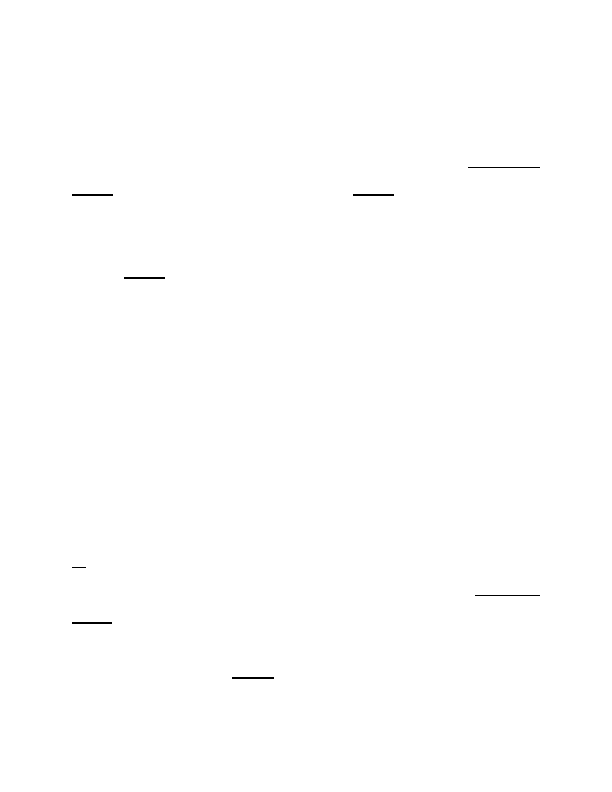
rejected the direction now taken. Nonetheless, this court now adopts a redefinition of
“process” in Section 101 that excludes forms of information-based and software-
implemented inventions arising from new technological capabilities, stating that this
result is required by the Court’s computer-related cases, starting with Gottschalk v.
Benson, 409 U.S. 63 (1972). However, the Court in Benson rejected the restriction that
is imposed today:
This court’s new definition of “process” was rejected in Gottschalk v. Benson
In Benson the claimed invention was a mathematical process for converting
binary-coded decimal numerals into pure binary numbers. The Court explained that a
mathematical formula unlimited to a specific use was simply an abstract idea of the
nature of “fundamental truths,” “phenomena of nature,” and “abstract intellectual
concepts,” as have traditionally been outside of patent systems. 409 U.S. at 67.
However, the Court explicitly declined to limit patent-eligible processes in the manner
now adopted by this court, stating:
It is argued that a process patent must either be tied to a particular
machine or apparatus or must operate to change articles or materials to a
“different state or thing.” We do not hold that no process patent could ever
qualify if it did not meet the requirements of our prior precedents. It is said
that the decision precludes a patent for any program servicing a computer.
We do not so hold.
Id. at 71. The Court explained that “the requirements of our prior precedents” did not
preclude patents on computer programs, despite the statement drawn from Cochrane v.
Deener, 94 U.S. 780, 787-88 (1876), that “[t]ransformation and reduction of an article ‘to
a different state or thing’ is the clue to the patentability of a process claim that does not
include particular machines.” Benson, 409 U.S. at 70. Although this same statement is
now relied upon by this court as requiring its present ruling, maj. op at 13 & n.11, the
2007-1130
5
